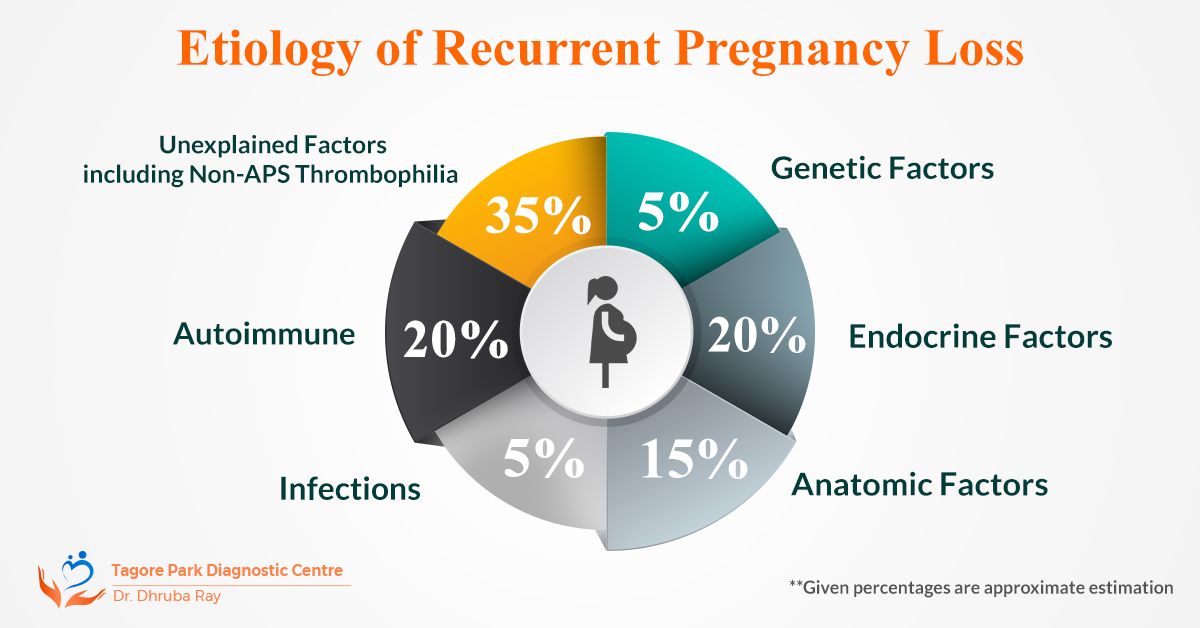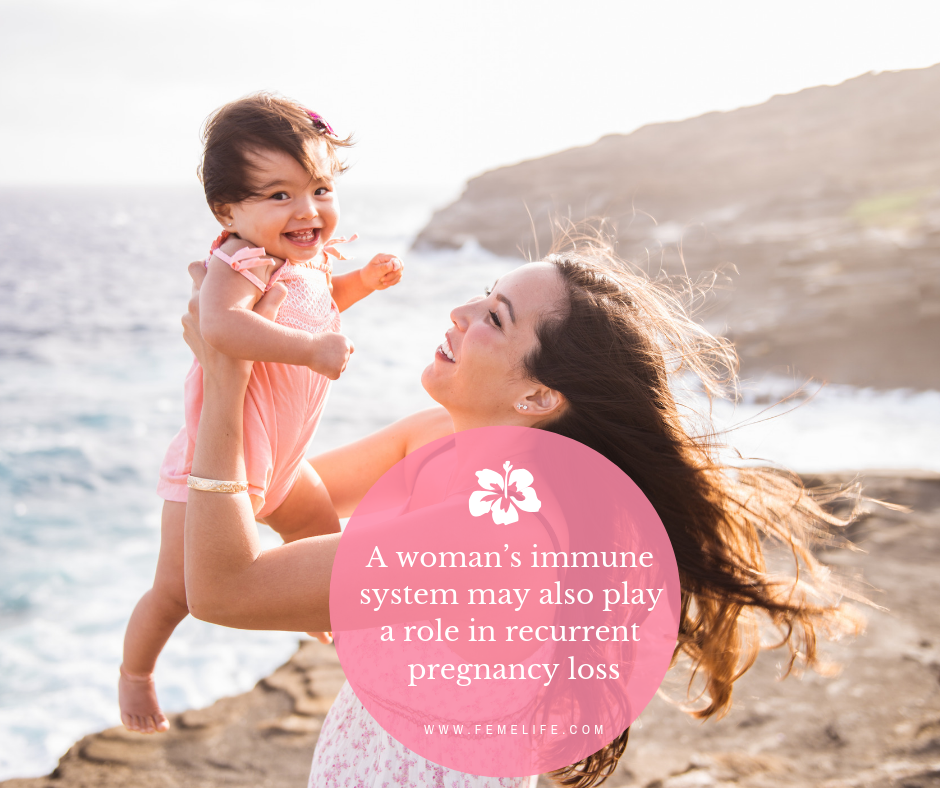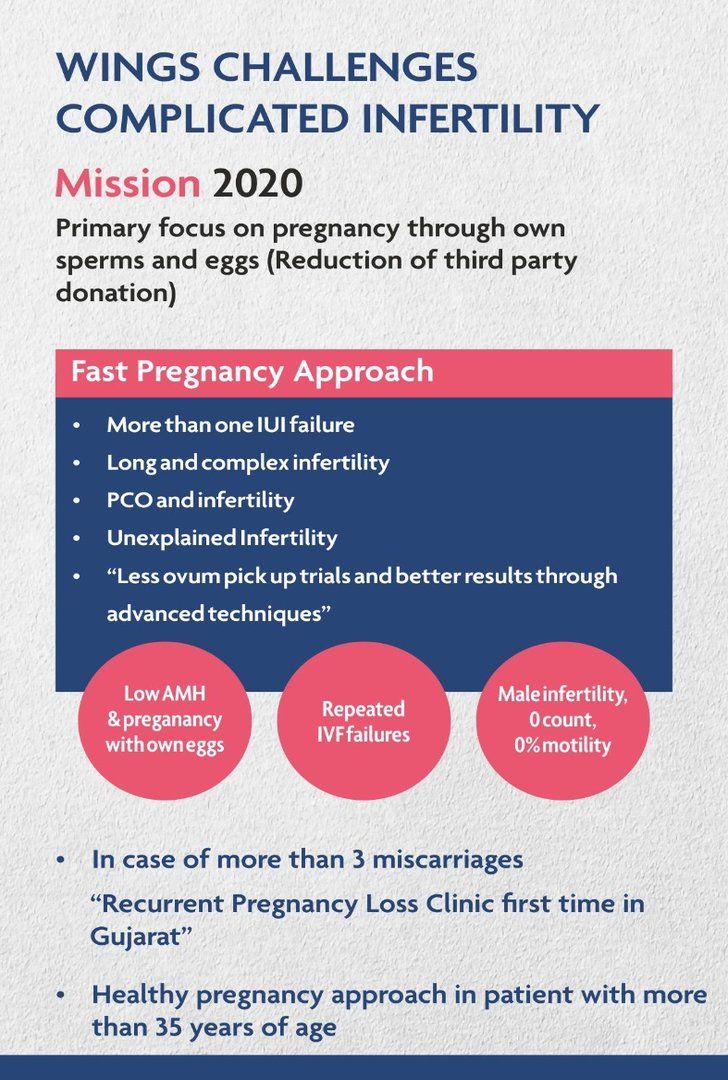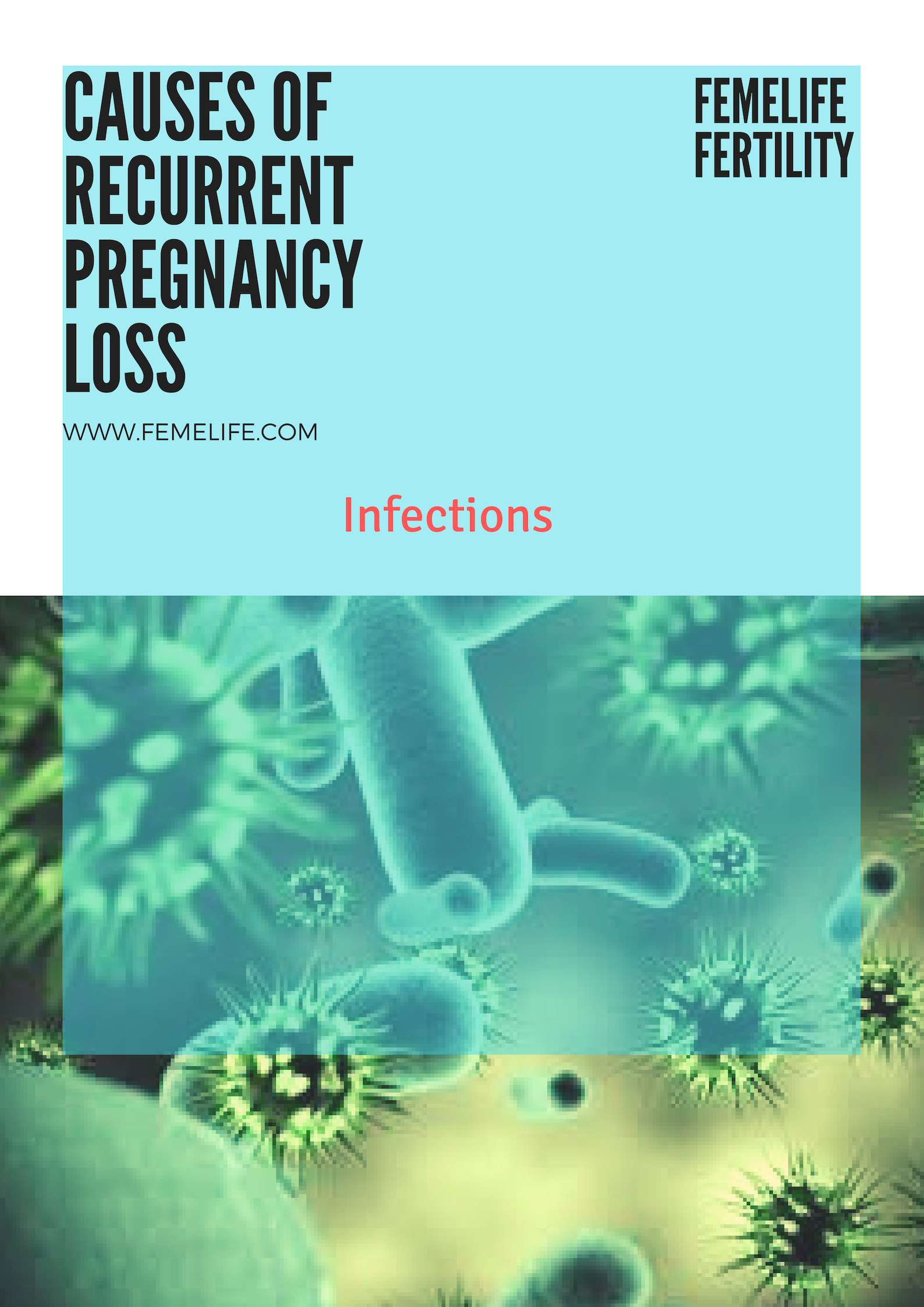recurrent pregnancy loss
Recurrent pregnancy loss is an important reproductive health issue affecting 2-5 of couples. The experience of a pregnancy loss is both physically and emotionally draining and often results in feelings of grief.

Pin On Tagorepark Diagnostic Centre
Recurrent Pregnancy Loss RPL is defined as the loss of two or more pregnancies.

. Recurrent Pregnancy Loss RPL is defined as the loss of two or more pregnancies. Pregnancy loss Obstetricians Gynaecologists Thrombophilia. Fertil Steril Use your smartphone2012---. The guideline states that the emotional impact needs to be considered and that there is a need for more research looking at the impact on men.
Recurrent pregnancy loss is defined as having two or more miscarriages. Recurrent pregnancy loss is classically defined as the occurrence of three or more consecutive pregnancy loss. Loss of a clinical pregnancy is diagnosed by a. Recurrent Pregnancy Loss Miscarriage is the loss of a pregnancy before viability and it is the most common complication of pregnancy.
INTRODUC TION Recurrent Pregnancy Loss RPL constitutes for 1-5 of. Studies show that about 25 of all women experience at least one miscarriage in their lives. RPL-TYPES Primary recurrent pregnancy loss refers to couples that have never had a live birth While Secondary RPL refers to those who have had repetitive losses following a successful pregnancy 6. The overall live birth rates after normal and abnormal.
Recurrent pregnancy loss is a distressing pregnancy disorder experienced by 25 of women trying to conceive. Investigation and treatment of women with recurrent pregnancy loss. Women who have experienced a single unexplained miscarriage between 10 - 20 weeks gestational age will also be seen. This can occur at any stage in the first 20 weeks of pregnancy but most miscarriages happen before the end of the first trimester first 12.
High-quality data on management of recurrent pregnancy loss RPL are limited. Unfortunately the causes of recurrent pregnancy loss is only determined in about 50 of couples. Recurrent pregnancy loss is defined as the loss of two or more pregnancies and it affects around 12 of couples. Recurrent pregnancy loss RPL or recurrent miscarriage RM affects 1 to 5 of reproductive-age couples.
What is recurrent pregnancy loss RPL. Couples with recurrent pregnancy loss RPL require empathy and understanding as early pregnancy loss is an emotionally traumatic experience similar to that associated with stillbirth or neonatal death. Common established causes include uterine anomalies antiphospholipid syndrome hormonal and metabolic disorders and cytogenetic abnormalities. Aneuploidy or having extra or too little chromosome copy numbers result in pregnancies that are.
A pregnancy loss is defined as a clinically-recognized pregnancy involuntarily ending before 20. It is estimated that 3-5 of all couples desiring pregnancy will suffer RPL. However the American Society of Reproductive Medicine ASRM has recently redefined recurrent pregnancy loss as two or more pregnancy losses. Nevertheless the prognosis for a successful future pregnancy is generally good.
Recurrent pregnancy loss RPL is defined in the United States as two or more consecutive failed clinical pregnancies documented by ultrasound or histopathology1 In the United Kingdom it is defined as having three or more consecutive early pregnancy losses. Recurrent pregnancy loss RPL is defined by two or more failed clinical pregnancies and up to 50 of cases of RPL will not have a clearly defined etiology. The majority of miscarriages are sporadic and most result from genetic causes that are greatly influenced by maternal age. How to handle the definition is further elaborated in part A.
The guideline provides an overview of suggested treatments for RPL and which of. Recurrent pregnancy loss as defined by the American Society of Reproductive Medicine is two or more clinical pregnancy losses. Therefore therapeutic recommendations are largely based upon clinical experience and data from observational studies. Recurrent pregnancy loss refers to the loss or miscarriage of two or more consecutive pregnancies.
Chromosomal abnormalities aneuploidy are the most common cause of spontaneous miscarriages. Investigation of recurrent early or late miscarriage. This is a condition when a woman has 2 or more clinical pregnancy losses miscarriages before the pregnancies reach 20 weeks. Recurrent pregnancy loss is defined as the failure of two or more clinically recognized pregnancies before 20-24 weeks of gestation and includes embryonic and fetal losses.
When it recurs it is known as recurrent pregnancy loss RPL. After three repeated miscarriages a thorough physical exam and testing are recommended. How to handle the definition is further elaborated in part A. Losses are classified by when they occur.
It excludes ectopic pregnancy and molar pregnancy. And consecutive pregnancy losses with either ultrasound or histopathological documentation with exclusion of ectopic and molar pregnancies34. Here are the different known causes of RPL. Other etiologies have been proposed but are still considered controversial such as chronic endometritis.
Thus we should start evaluating the couple after two losses. It excludes ectopic pregnancy and molar pregnancy. Recurrent pregnancy loss RPL also referred to as recurrent miscarriage or habitual abortion is historically defined as 3 consecutive pregnancy losses prior to 20 weeks from the last menstrual period. Recurrent pregnancy loss is when a woman experiences 2 or more unexplained consecutive miscarriages 1 miscarriage after another.
A clinical pregnancy loss is a pregnancy documented by ultrasonography for example the presence of a gestational sac yolk sac or fetal pole which is in contrast to a biochemical pregnancy which is a very early.





Posting Komentar untuk "recurrent pregnancy loss"